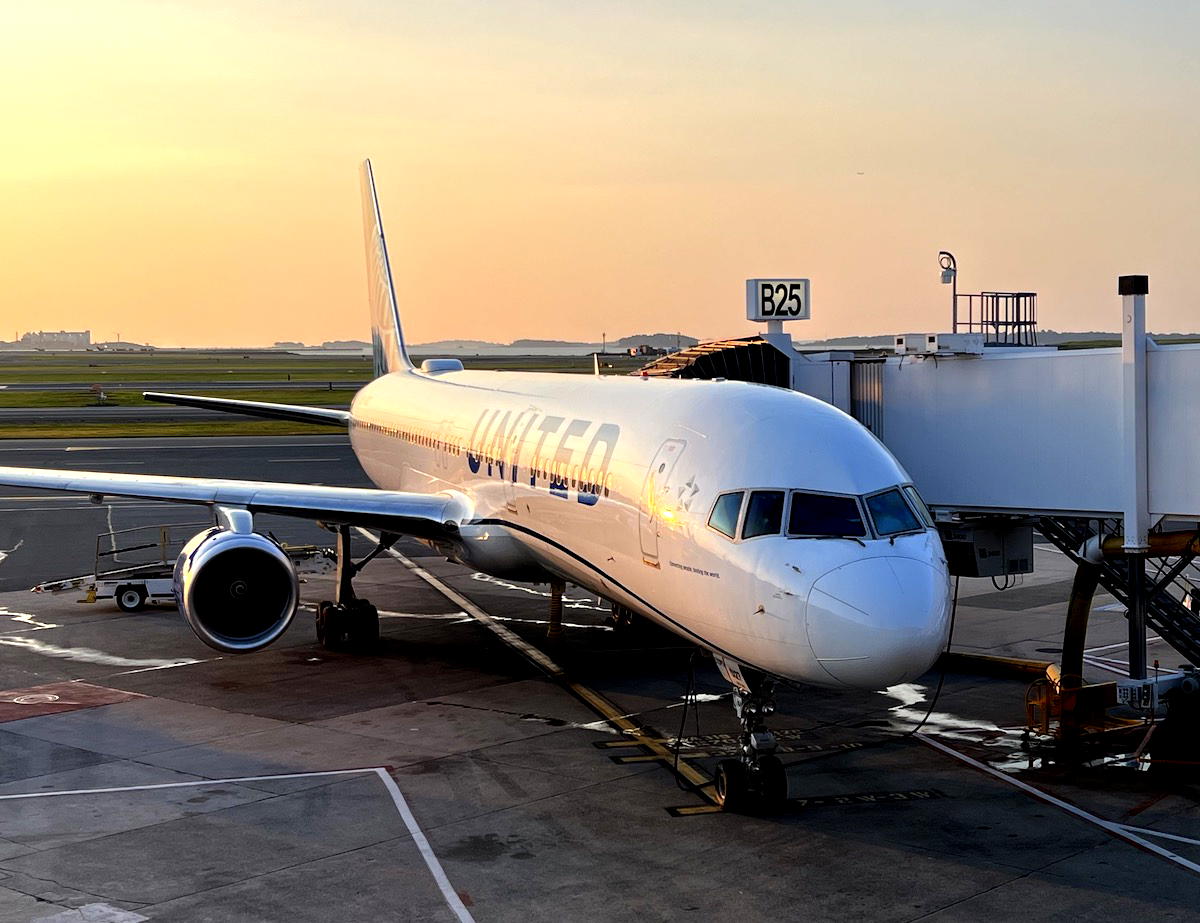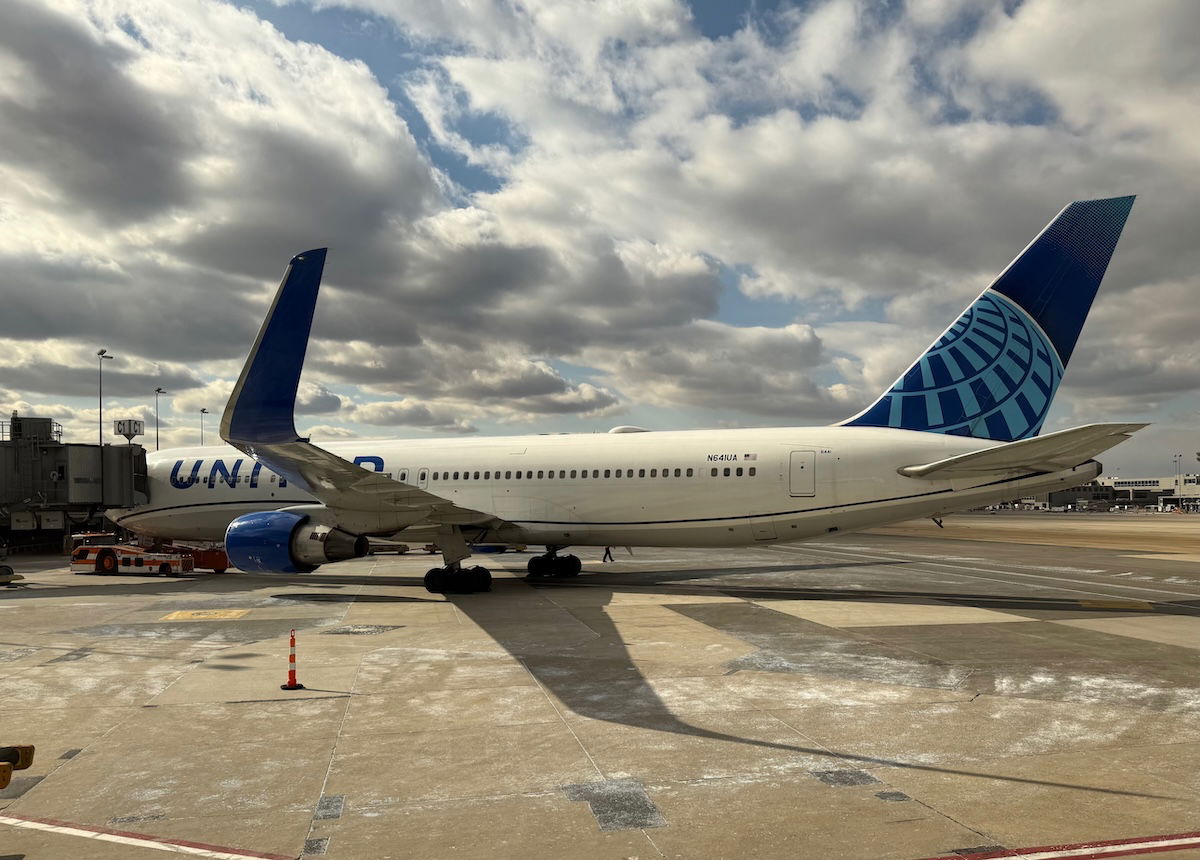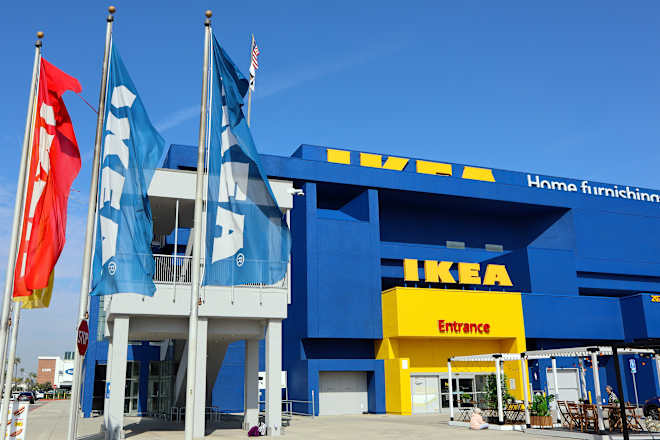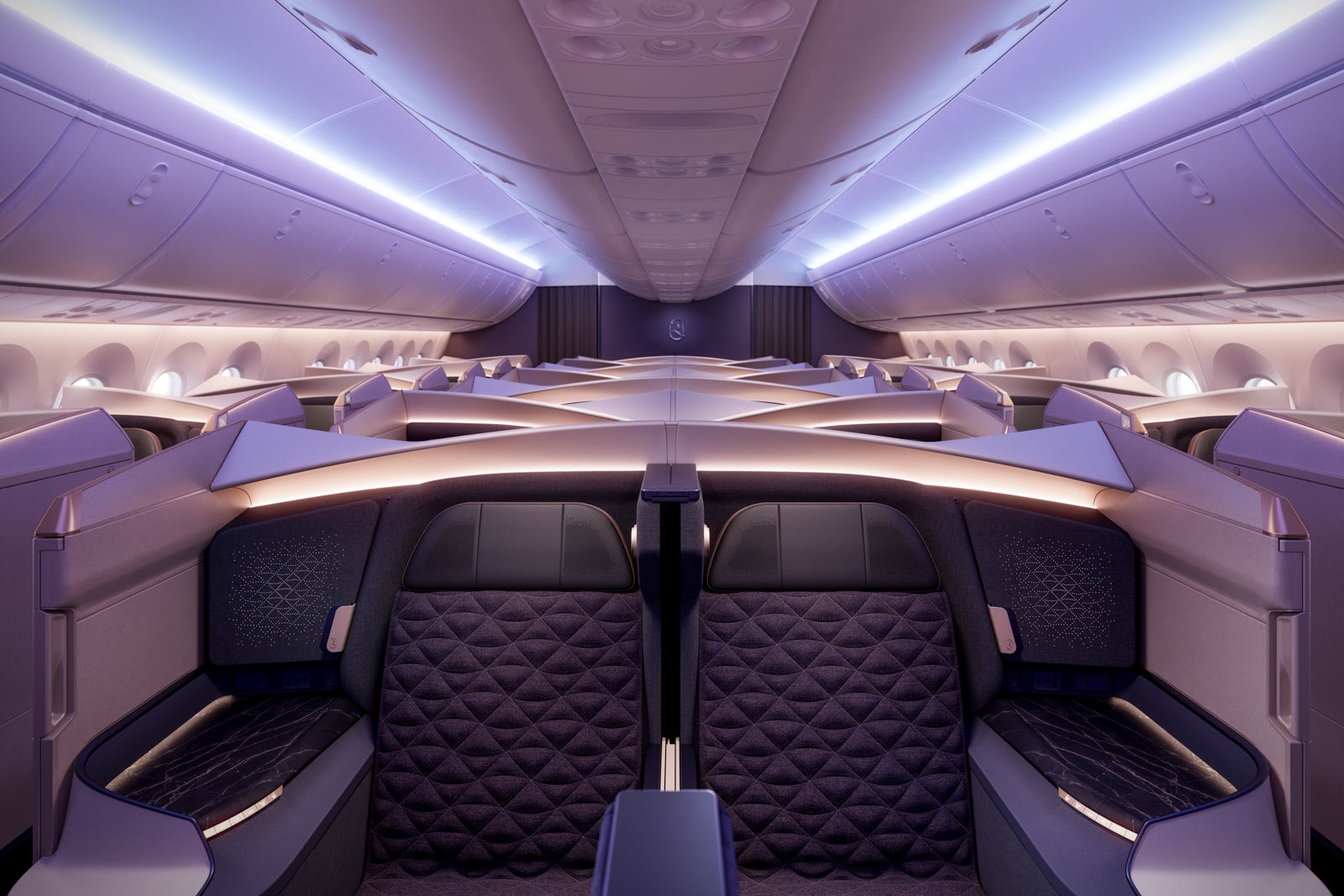United Slashes Newark Flights, As 20% Of Air Traffic Controllers Walk Off Job
In the United States, air traffic control is a bit of a problem, with outdated infrastructure, and a shortage of air traffic controllers. Not only does this impact flight operations, but it’s unfair to those existing controllers, who have a much bigger workload than they should. These factors also impact the industry’s safety margins.

In the United States, air traffic control is a bit of a problem, with outdated infrastructure, and a shortage of air traffic controllers. Not only does this impact flight operations, but it’s unfair to those existing controllers, who have a much bigger workload than they should. These factors also impact the industry’s safety margins.
Newark International Airport (EWR) is one of the major airports that has most consistently been impacted by these air traffic control shortcomings, leading to operational challenges. So there’s now an interesting update…
United CEO Scott Kirby addresses Newark mess
United has really been struggling with operational reliability in Newark in recent days:
- On Wednesday, 3% of flights were canceled, and 44% of flights were delayed
- On Thursday, 18% of flights were canceled, and 44% of flights were delayed
- On Friday, 2% of flights were canceled and, 47% of flights were delayed
In response to these ongoing issues, on Friday afternoon, United Airlines CEO Scott Kirby published a letter to customers. Let me just share it in its entirety, because it’s quite something (bolding mine):
For many years, United has been very clear and vocal about the need to fix the Air Traffic Control system in EWR. While we enthusiastically support the efforts underway to permanently and structurally fix the FAA, the long-simmering FAA challenges boiled over this week.
In the past few days, on more than one occasion, technology that FAA air traffic controllers rely on to manage the airplanes coming in and out of Newark airport failed – resulting in dozens of diverted flights, hundreds of delayed and canceled flights and worst of all, thousands of customers with disrupted travel plans. Unfortunately, the technology issues were compounded as over 20% of the FAA controllers for EWR walked off the job. Keep in mind, this particular air traffic control facility has been chronically understaffed for years and without these controllers, it’s now clear – and the FAA tells us – that Newark airport cannot handle the number of planes that are scheduled to operate there in the weeks and months ahead.
United is committed to doing absolutely everything in our power to minimize the impact that this will have on customers and so we are unilaterally cancelling 35 roundtrip flights per day from our Newark schedule starting this weekend. It’s disappointing to make further cuts to an already reduced schedule at Newark, but since there is no way to resolve the near-term structural FAA staffing issues, we feel like there is no other choice in order to protect our customers.
These challenges are not new to Newark. United has been urging the US government for *years* to use its authority to effectively limit the number of flights to what the airport can realistically handle. Past failure to make those changes had led to the circumstances that United and, most importantly, our customers now face.
I spoke with Sec. Duffy this afternoon and appreciate his immediate response to my call. We’re pleased that the new administration has put together a proposal for a large, systemwide investment in FAA technology, infrastructure and staffing. In the medium to long term, it’s the only way to solve the systemwide problem. Now, we’re encouraging them to apply this decisive leadership to the difficult situation they inherited at Newark, too – by designating it as a slot controlled, Level 3 airport.
Newark is an incredible airport and takes our customers to 76 different US cities and 81 international destinations. I want to thank the dedicated United team that’s been working hard – especially over the last few days – to take care of our customers at this difficult time. There are also highly skilled professionals at the FAA, including air traffic controllers, who are persevering through technology and staffing shortfalls to ensure that the tens of thousands of people traveling through Newark every day get to their destinations safely. By using the authority it has, the FAA can help Newark fulfill its incredible potential to be a safe, reliable and efficient gateway to the world for the American traveling public.

Flight cuts, slot restrictions, and controllers walking off job
As you can see, United is canceling 35 daily flights out of Newark for the foreseeable future, representing about 10% of the carrier’s schedule. That’s a pretty significant chunk of flights, especially when you consider the amount of long haul service the airline has out of the airport, which requires connectivity.
Kirby is also calling on Newark to have the highest level of slot controls once again. Newark is currently a Level 2 airport, meaning that there are no slots, but airlines sometimes have to agree to schedule changes around peak times. Meanwhile Kirby wants it to be a Level 3 airport, meaning it would be fully slot restricted.
Interestingly, Newark was a Level 3 airport until 2016, but that was changed in order to promote competition. With United being the biggest operator at Newark, of course it wants slot controls, so that it can dominate the market more (in fairness, the optional concerns are legitimate).
Next, we’ve known that the ATC issues at Newark exist for a variety of reasons, ranging from system failures, to being short staffed. But Kirby’s claim that 20% of controllers at Newark have just walked off the job is news to me. Like, they just outright quit, or…? Because that’s pretty rough…
Lastly, it’s not really of any consequence, but Kirby’s very strong pro-Trump posturing continues to be pretty evident, with him talking about “the difficult situation they inherited at Newark.” It’s normal for airline executives to cozy up to the current administration, but I can’t think of another airline executive who has done such a 180.
To be clear, I don’t disagree with what Kirby is saying. The Trump administration did inherit a mess when it comes to air traffic control, and one criticism I have of the Biden administration is that not enough was done to modernize the air traffic control system, which I’d consider to be incredibly important.
Now, it remains to be seen if the Trump administration is actually able to execute a plan for modernizing air traffic control (that would be great!), or if it has more of a “concept of a plan.”











































































































































/f871ef26-7798-46a2-9db3-fe949a2f050b--2016-0719_okra-couscous-salad_james-ransom-417.jpg?#)




































.jpg)



.jpg)










































































